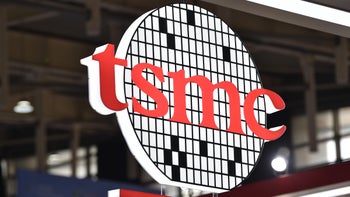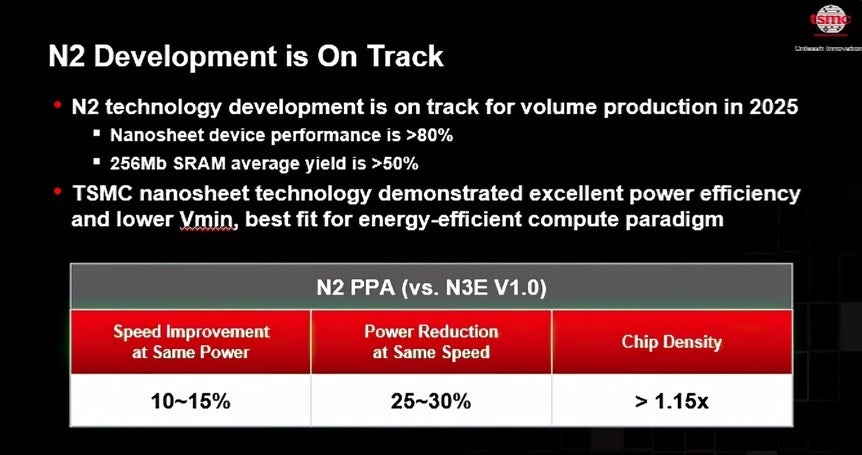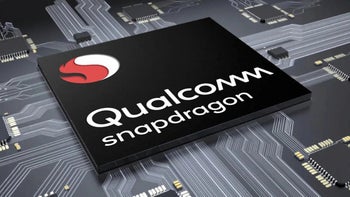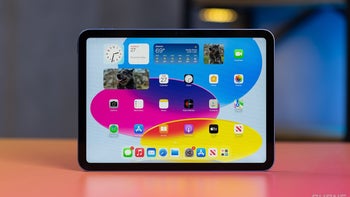TSMC to test its 2nm process node this year with limited trial production

The Apple iPhone 15 Pro and iPhone 15 Pro Max, expected to be released in September, will probably be the only smartphones launched this year by a major phone manufacturer powered by an SoC produced using a 3nm process node. While TSMC and Samsung Foundry can ship 3nm chips, with a $20,000 price tag for each wafer used for 3nm production, many manufacturers are waiting until wafer prices decline, possibly as soon as next year, before placing orders for 3nm silicon.
TSMC previously said that it would kick off 2nm production in 2025. But United Daily News (UDN, via Wccftech) says that this year TSMC will run a trial production of 1,000 units manufactured using the 2nm process node. The idea is to test out the process and run full-scale 2nm trial production next year. TSMC hopes that the early limited trial will help it find and fix any issues as soon as possible. TSMC's customers have reportedly been pushing the foundry to test 2nm early.

Slide produced by TSMC compares its 2nm process node with its enhanced 3nm node
For TSMC, its 2nm process node will launch its Gate-All-Around (GAA) transistors which allow the gate to contact the channel on all sides reducing leaks and increasing the drive current. Unlike the current FinFET transistors used by TSMC, which cover only three of the four sides of the gate, GAA transistors use vertically placed nanosheets. Samsung Foundry already uses GAA transistors for its 3nm production while TSMC is sticking with FinFET until it starts manufacturing 2nm chips.
According to a slide that TSMC showed at an event earlier this year, the first 2nm chips will be 10% to 15% faster at the same power than TSMC's enhanced N3E process node with a 25% to 30% reduction in energy consumption.
Another report from DigiTimes says that TSMC will be hiking the prices of its current products by 3% to 6% next year. TSMC has already passed this information to some of its top-tier clients such as Apple, NVIDIA, AMD, Qualcomm, and Broadcom. The price increases vary based on the manufacturing process used, the size of the order, and the name of the customer. Apple happens to be the foundry's largest customer generating a quarter of company revenues.













Things that are NOT allowed: